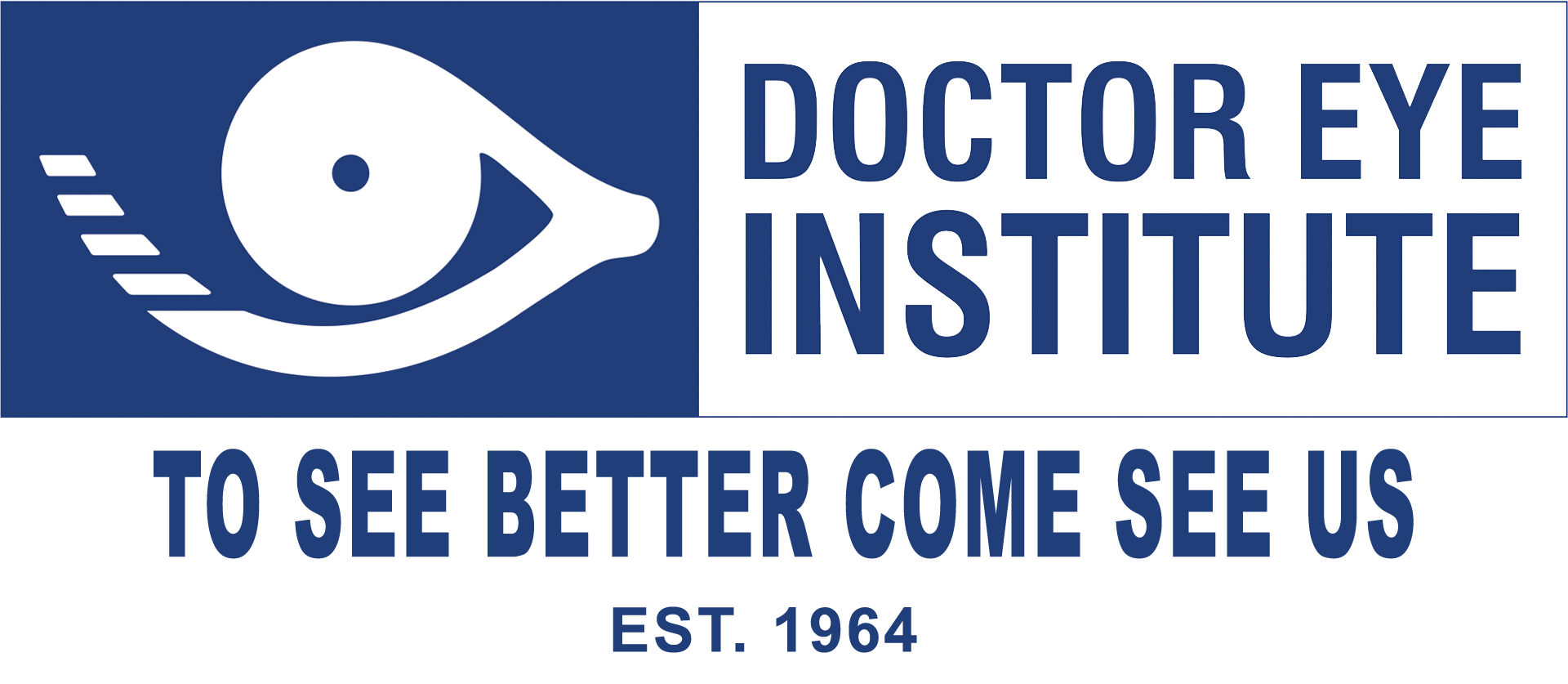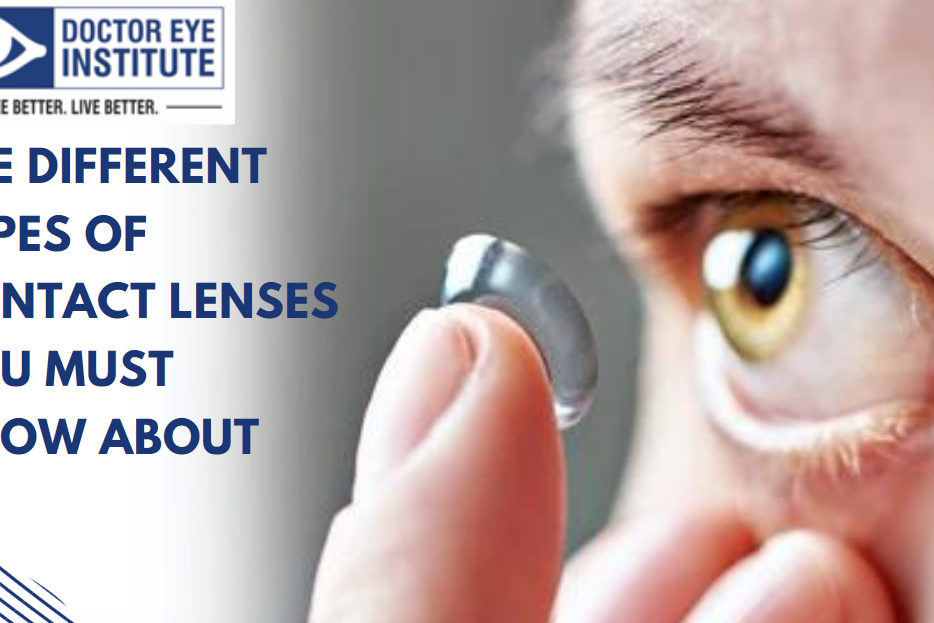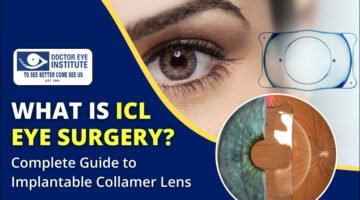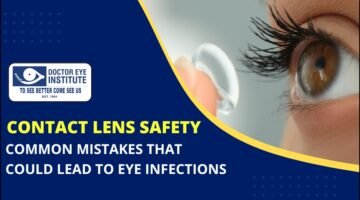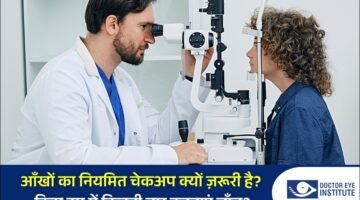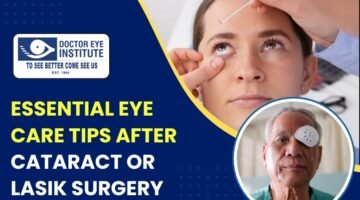The different types of contact lenses you need to know about
Contact lenses can be a game changer for those who are troubled by glasses and are uncomfortable wearing them. They improve your quality of vision, field of vision which may be restricted by the frame of glasses and have a lower magnification factor as well.
Predominantly contact lenses are chosen on the basis of the following parameters:
1. Lens material
-
Soft Contact Lenses
As the name suggests, soft lenses are made up of soft gel- like safe plastic material that contains water and are known as hydrogels. The material used here makes them flexible and adheres well to the shape of individual corneas. Since they are also gas permeable, that means they have the ability to allow oxygen exchange to the cornea.
Soft Contact Lenses do not harm the cornea and keep it well hydrated and oxygenated throughout the stipulated wear period. These lenses are also more comfortable and easier to adjust.
But it is very important to perform a contact lens trial in the presence of a trained ophthalmologist in order to understand the proper manner of wearing and removing the contact lenses from your eyes. As easy as it is to get adapted to them, it is easier to harm your eyes if you don’t do it right.
-
Hard/ Rigid Gas Permeable (RGP)
As the name suggests these lenses are rigid and they keep their shape firmly on the eye. They also prevent buildup of any kind of debris or discharge material on the lenses hence providing a sharper and clearer vision. They have a learning curve when it comes to handling them and wearing them but once adapted they are easy to handle.
They are used not only to correct your vision but also in cases the cornea is irregular in shape due to trauma or disease, where it can smoothen out the irregular area by rigidly fitting on to it. Again, it is crucial to have a trained ophthalmologist take you through the trial for wearing and handling them.
2. Wear Schedule
-
Disposable
Disposable lenses are the lenses that are frequently changed/ replaced after its use. They are available in the form of daily disposable, monthly disposable, quarterly disposable and yearly disposable. As the name suggests these lenses can be replaced daily, monthly, quarterly or yearly based on what category they belong.
Daily disposables are easy to use and are good for trips as well. Whereas, the others are good too and can be maintained with the help of efficient solution cleaning and maintaining good hand hygiene while handling them. Do not use them for longer than 8 hours at a time. It may lead to dryness and infections.
-
Extended wear
Extended wear lenses are available for longer wear hours that could extend overnight or even continuous wear that lasts anytime between one or six nights lasting until 30 days. These lenses are made up of flexible plastic that allow oxygen to pass through the cornea, hence, keeping the function of cornea undisturbed.
However, very few RGP lenses are approved as extended wear lenses. It is of utmost importance to give your eyes rest after an extended wear schedule. It is very important to note that these lenses are to be used only by prescription of a qualified ophthalmologist and not as an over the counter purchase. There are several side effects which may be overlooked if these lenses are left on the eye for a longer time. Please be careful and contact Doctor Eye Institute for any doubts.
3. Hygiene
With all the information we now have and understand, we must know that hand hygiene plays an important role in maintaining good vision with contact lenses.
- Always wash your hands with a mild (preferably non fragrant) soap and rinse with clean water before touching the contact lenses, then use a clean lint free towel to wipe your hands down gently. Note that certain cloths may leave some fibres or strings that cling to wet hands.
- With clean dry hands, lift the lenses from the case and gently insert them into the eye.
- Make sure the lens case is cleaned regularly and air dried.
- Always check the expiry date of the lens and cleaning solution.
Comparison between the lenses
To understand more and get a deeper understanding of the advantages and disadvantages of the various lenses discussed you can glance through this chart. Check this video out for more information
Our eyes are a very sensitive and delicate part of our bodies that need to be taken care of with extreme intricacy and knowledge. Make sure to make good decisions for your eyes by doing thorough research into whatever it is that you choose.
Doctor Eye Institute in Mumbai is the ideal clinic to visit if you’re looking for the right Specialty Contact Lens and Glasses that fits you and feels comfortable. They provide all type of contact lenses.
*It is crucial to remember that contact lenses are available based on a prescription so make sure to get yours from an eye doctor/ eye clinic.

